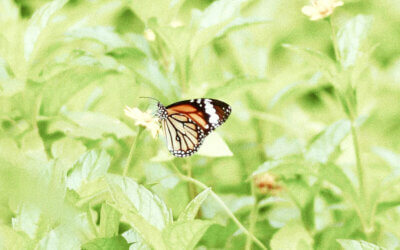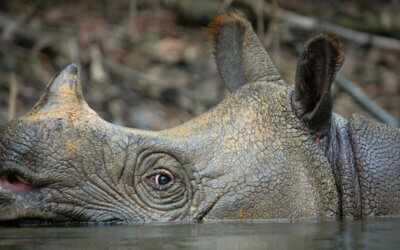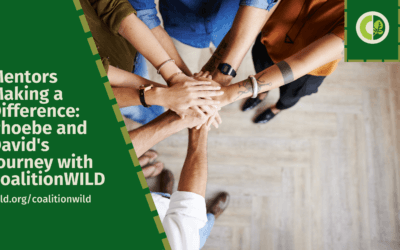“I am writing to you because of my concern for my children’s future with the recent release of the IPCC report. How can we make a difference for their future with such an alarming message?”
-Jennifer
Dear Jennifer,My physical therapist is as brilliant with her skill-set as she is (necessarily) patient with me. While I was/am grounded because of the pandemic she has guided me steadily away from a looming, serious back operation that 18 months ago appeared inevitable –the results of a life lived with enthusiasm! So, here we are, with figurative red lights flashing and klaxons blaring despite 40 years of warnings, data, and not so figurative rising temperatures, unstable weather patterns, raging wildfires and floods, and more to come. My purpose here is not to explain the report as much about that is easily accessible, and also accessible are good practical ideas for what each person can do. We will not escape the consequences of human actions…the natural world that supports us has laws not feelings…but there is much we can do to avoid catastrophe. Everything helps: nothing is too small. But some things matter more than others.
All of the above are important. But even more important is how you/we respond with each other to this crisis. Danger, emergency, and threats can drive us inwards, defending and isolating ourselves from others as a matter of what we perceive as self-preservation. That is not the answer and, in fact, will only worsen the negative impacts of our situation. This is the time to reach out, not in; to integrate, not polarize; to be sharing, not selfish; and wisely loving, not negatively suspicious. More than anything be hopeful, not hopeless. And don’t forget that your sense of humor is a great ally! In short, be the best possible person you can be. We need to tell our children what we know is true, that nothing in life is certain, and the only thing we can control is our attitude and actions. It’s up to us, and that has a certain comfort to it. Vance G. Martin |
 |
Write to Vance!
Have you ever wanted to get advice from an expert as we navigate the future of our planet? The climate emergency and conservation are big, important and sometimes worrying topics. Vance G. Martin, an acknowledged expert in international nature conservation & wilderness protection and president of WILD, is here to help. We may answer select questions in our monthly newsletter.
READ NEXT
A Reflection by Timothy Hass, WILD’s Trustee
I know that for many people, venturing into wilderness areas is a very important element for health and balance in their lives. I feel this as well, but also, for me, the nature directly around me is equally important.
Tech & Tradition – Q&A with Ruari Bradburn, Chief Technology Officer at Langland Conservation
“Tech & Tradition” delves into the evolving landscape of conservation, exploring the synergy between traditional wisdom and technological innovation.
Mentors Making a Difference: Phoebe and David’s Journey with CoalitionWILD
At CoalitionWILD, we believe in the power of mentorship and the transformative impact it can have on the lives of young conservationists. Here, we shine a spotlight on two exceptional repeat mentors, Phoebe Barnard and David Manski, who have been actively involved in our Global Mentorship Program. Their dedication, wisdom, and passion for conservation have inspired and guided numerous young professionals on their journey to become future leaders in the field.



0 Comments